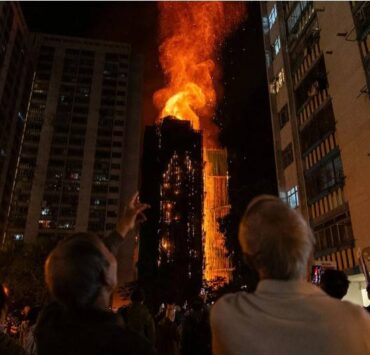RA 9851 Does Not Require an IRR for Dela Rosa’s ICC Surrender

Republic Act No. 9851, the Philippine Act on Crimes Against International Humanitarian Law, Genocide, and Other Crimes Against Humanity, does not require implementing rules and regulations (IRR), contrary to the contention of the legal counsel of Sen. Ronald “Bato” dela Rosa.
This is in view of his possible surrender or extradition by the Philippine government under Section 17 to the International Criminal Court, based on the warrant of arrest and surrender for Dela Rosa as a charged co-perpetrator in the crimes against humanity of murder case linked to former President Rodrigo Duterte’s “drug war.” Dela Rosa’s counsel further contends that surrendering or extraditing the senator under Section 17 without an IRR would be unconstitutional purportedly for depriving him of liberty without due process of law, with the IRR serving as the legal instrument of that due process.
Before dealing with this issue of procedural due process and safeguards for a Section 17 surrender or extradition of Dela Rosa to the ICC under RA 9851, it should be noted that the law has been in effect since early 2010, or for more than 15 years, without an IRR. RA 9851 has also been reaffirmed and applied several times by the Supreme Court. In Pangilinan v. Cayetano (2021), the Supreme Court reaffirmed the fallback value of RA 9851. There have also already been convictions and acquittals for violations of RA 9851 at the regional trial court (RTC) level.
These judicial affirmatory rulings and applications of RA 9851 were done even without an IRR. The legislative intent of RA 9851 indicates that it no longer requires an IRR, otherwise one would have been provided. As it is, a number of our major criminal laws, most notably the Revised Penal Code, the Anti-Graft and Corrupt Practices Act, and the Anti-Plunder Act, do not provide for an IRR. Even without an IRR, these are laws that can and must be implemented.
RA 9851’s constitutionality has never been questioned before the Supreme Court. We may sooner or later see it being questioned there in case not only of a RA 9851 Section 17 surrender or extradition of Dela Rosa to the ICC, but also in a possible later RA 9851 case for the crime against humanity of murder that may yet be filed, as ought to be, in the RTC against perpetrators of the Duterte “drug war,” whether or not they are haled to the ICC.
Dealing now with the issue of procedural due process and safeguards, in the absence of an IRR, the law itself provides the recourse under Section 10, which covers the “applicability of international law.” This includes the Rome Statute whose Article 59 on “arrest proceedings in the custodial state” (which also covers interim release and surrender) is particularly relevant to the Philippine government’s continuing obligation to cooperate with the ICC, despite its withdrawal from the Rome Statute.
The Rome Statute’s Article 59(2) provides that “A person arrested shall be brought promptly before the competent judicial authority in the custodial State which shall determine, in accordance with the law of that State, that: (a) The warrant applies to that person; (b) The person has been arrested in accordance with the proper process; and (c) The person’s rights have been respected.” The “competent judicial authority” can be an RTC which has original and exclusive jurisdiction over crimes against humanity, or it can and would likely be the Supreme Court, in this prominent case of first impression. We have laws on arrest and rights of arrested persons. No need for an IRR.
SOLIMAN M. SANTOS JR.,
gavroche23@gmail.com

















Estoppeled by the Constitution